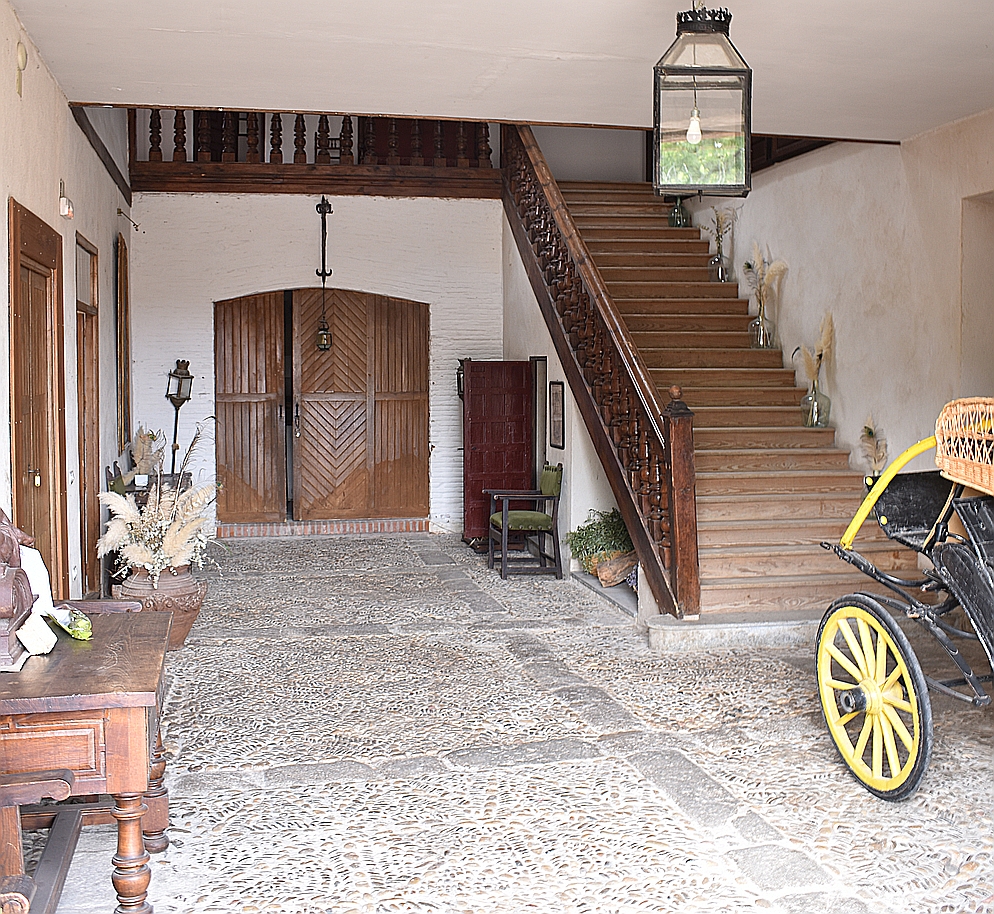Within The Bard’s Tale, we use multiple common mechanics, like going off-game and calibrations. However, there is a couple of mechanics that we have included that are very specific to our game and design, we add them here for clarity and knowledge.
Please note that these are being reviewed right now as part of the beta output process. They will not change conceptually, but might suffer some small alterations.
On Being Read:
If you look on our metaphysics page, there can be a moment that your Thespian’s book is opened and read.
As if it were a sixth sense, characters can feel when they’re about to be read, therefore they can prepare and go to the stage and play their parts as needed. In game purposes, this “eerie feeling” will be told to you by any of the GMs, and will be clearly announced with at least 15 minutes so players can prepare to do their thing. Scenes will not be longer than 2 written scenes of length. In any case, every Thespian will have a non-diegetic copy of their own book available, so no one is expected nor required to know their lines by heart. Larping is hard enough without having to learn your Roles’s scenes by heart.
Reading will end when the reader (a physical person that will give feedback to everyone watching or being read, while the play “is read”) closes their book, that will be done with an audible thump.
Opting out
As an opt-out mechanic to help players that don’t feel comfortable being acting on public scenes, they can quote “Armin will do it”: Robert Armin (c. 1568 – 1615) was an English actor, and member of the Lord Chamberlain’s Men. He became the leading comedy actor with the troupe associated with William Shakespeare following the departure of Will Kempe around 1600.
In our Larp, for some weird unknown but completely logical and ineffable reason, every Shakesperian character has been played by Robert Armin, meaning that they will play along any scene you need to play at any given time instead of your part. However, bear in mind that from a reality perspective, one of the NPCs will need to cover “as Armin”, so if all the participants in the scenes decide that Armin will play their parts it will be a little bit plain.
Please bear in mind that this is an Opt-out mechanic as a safety for players that are not comfortable reciting in public. For all ingame purposes they will have played their scene correctly.
“I want to be read”
Should you decide that you want to be read voluntarily, or even want to play some other parts in some other “readings” you can volunteer your character to do it. Maybe Romeo wants to play as Hero… because he prefers Claudio to Juliet.
Alas, poor text.
What happens if the scene doesn’t happen? Well… the copy that is being read might have those pages burnt out, or simply… empty. It will have no effect on your character, but it will alter the tale for that instance of the reading, however, if the reader has already read it, then they will know that’s not how it should be, so they might try again. Maybe if Romeo doesn’t climb to the balcony, the Drama from Romeo and Juliet will be the very plain tale of two teenagers that had nothing to do together while Verona went into a turf war between Montagues and Capulets.
Sometimes we can’t have just the few characters of the play in the game, and some other scenes might be read. You can convince some of the other Thespians to help… Should you not have other Thespians, go with it. The Reader and the World will act accordingly
The Blue Notes:
As it has been described along our pages and in our design guide, the Thespians are still coming to their senses. This means that at some point they might have a realisation, a revelation or a happenstance of ocurrence of sorts. This is in game represented by a blue-colored piece of paper with a note or reflection, written from the perspective of your character. This is both a light steering mechanic (meaning that you can always use another of our mechanics “shyte on the plot” to not do it), a “secret dispersal” mechanic and also one of our evil GMs main fun moments.
The blue notes are kind of a GM-induced reflection or thought for your Thespian, that are used to give you surprises even for your own character. You will be told additional instructions like “do not act on it until x time of the day” or “do not read in public”, just to help you keep the game tempo. As this is globally a Freeform larp, sometimes things will go berserk.
“Shyte on the plot”
This is a Spanish-born expression, meaning to disregard completely a plot or parts of it. Sometimes a plot doesn’t fit your liking or even your mood. Your Thespian might globally love Romeo, but you, as a player, just came from an emotional breakup and don’t have the stomach to play on love. We want our players to enjoy and have fun. You can choose to shyte on the plot and go somewhere else and explore, maybe even another play. We only ask you to be open with the co-players that might be part of these plots with you, so they understand your decision of not playing that particular plot relates to you and not to them, and recalibrate if needed on how to play this.
Just a clarification, this is not a sentence that you have to say, as in keywords, but an option that we want to leave open so players are never pushed in a direction they don’t want to follow at the moment of the game.

